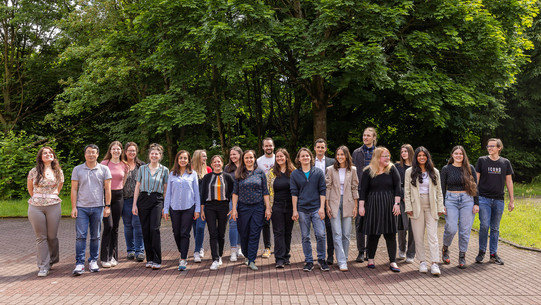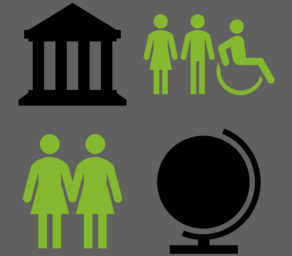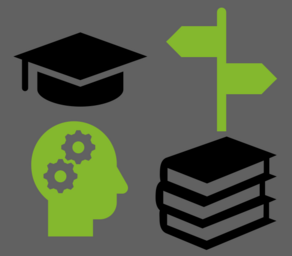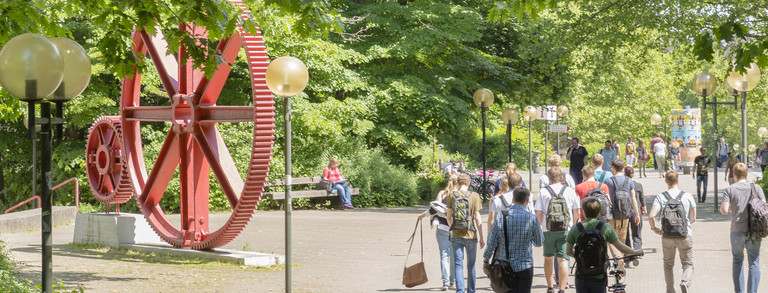Welcome to psycholinguistics laboratories




What is psycholinguistics?
Psycholinguistics investigates the processing of human speech: how one understands, produces and learns a language across the lifespan. Most people use their mother tongue automatically in their everyday life without any worries or struggle. However, the actual learning process behind this ability is time consuming and costs a lot of effort: A child’s language acquisition takes years of intense practice and its mastery is not concluded until around the 13th year of age. Most people are not aware of the complexity and length of this process until the highly automatic processing of speech is in way or the other challenged: for example, when learning a foreign language or when suffering a speech disorder like aphasia.
Speech processing, language acquisition, speech pathology – the main goal of psycholinguistics is to gain knowledge in these various research areas, mainly with the help of experimental methods. In the psycholinguistics laboratories at the TU Dortmund, we make use of eye-tracking, EEG and reaction time measurements to contribute to our understanding of the cognitive underpinnings of language and language processing.
Listen to the inaugural lecture of Prof. Dr. Barbara Mertins from the 15th of January 2016 at the Technical University of Dortmund on Youtube to get an overview of how language can affect our worldview. The lecture was held in German.
Social Media
Multilingualism is a human right - a manifesto in 4 chapters:
Youtube: Multilingualism is a human right
The importance of linguistic input for language acquisition in early childhood:
Youtube: The importance of linguistic input
Methods in the Babylab - The head-turn preference method
Youtube: The head-turn preference method
Exclusive insights into the research and projects of psycholinguistics laboratories:
Instagram
psycholinguistics_laboratories
Youtube
psycholinguistics laboratories






